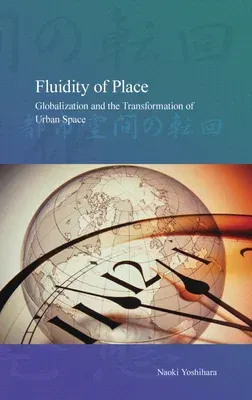Naoki Yoshihara
(Author)Fluidity of Place: Globalization and the Transformation of Urban Spacevolume 9Hardcover, 1 April 2010

Qty
1
Turbo
Ships in 2 - 3 days
In Stock
Free Delivery
Cash on Delivery
15 Days
Free Returns
Secure Checkout

Part of Series
Stratification and Inequality
Print Length
243 pages
Language
English
Publisher
Trans Pacific Press
Date Published
1 Apr 2010
ISBN-10
1920901531
ISBN-13
9781920901530
Description
Product Details
Author:
Book Format:
Hardcover
Country of Origin:
AU
Date Published:
1 April 2010
Dimensions:
21.84 x
13.97 x
2.03 cm
ISBN-10:
1920901531
ISBN-13:
9781920901530
Language:
English
Pages:
243
Publisher:
Weight:
453.59 gm